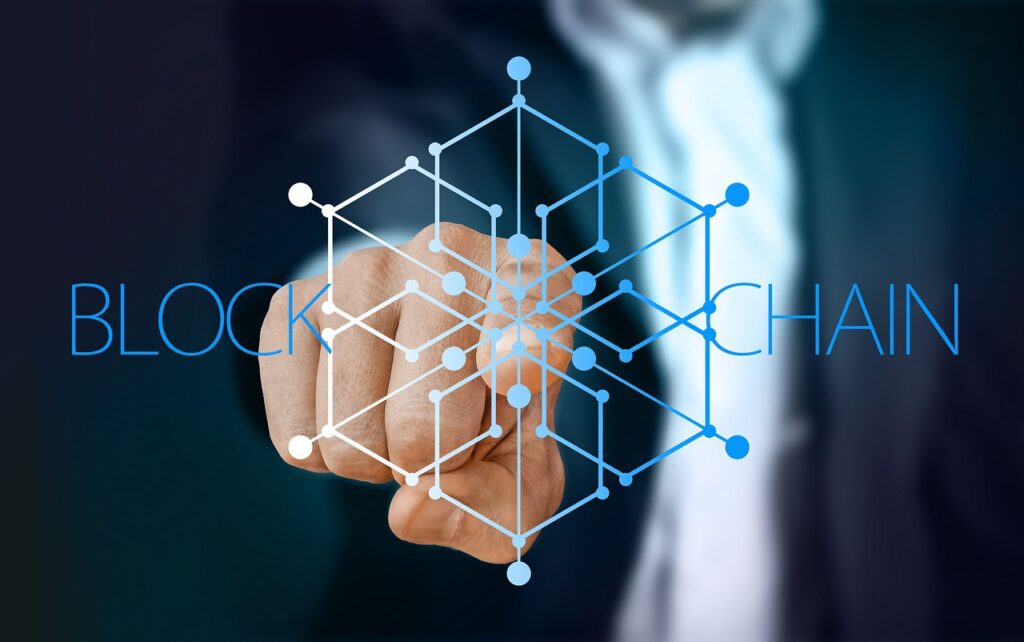Blockchain technology is rapidly evolving, with forecasts predicting its value to increase to nearly 1,000 trillion U.S. dollars by 2032. In this dynamic environment, token engineering has emerged as a critical discipline. This interdisciplinary field combines economics, game theory, and computer science to design robust token economies that are sustainable and scalable.
As blockchain projects continue to proliferate, the principles of token engineering are essential for creating systems that incentivize participation, ensure fair governance, and maintain long-term viability.

This blog explores the core principles of token engineering, the mechanisms for incentivizing network participation and governance, and best practices for designing sustainable and scalable token ecosystems.
For those interested in delving deeper into the practical applications of token engineering, engaging with a crypto asset investment consultant can provide valuable insights and strategies tailored to navigating this complex landscape.
Content
Understanding Token Engineering
Token engineering involves the systematic design and implementation of token economies. Unlike traditional economic models, token engineering is uniquely suited to the decentralized nature of blockchain ecosystems.
It requires a deep understanding of how tokens can be used to incentivize behaviors, distribute rewards, and govern networks in a decentralized manner. This field is about creating new tokens and designing economic frameworks to support their use and ensure sustainability.
Principles of Token Design
The foundation of token engineering lies in the principles of token design. These principles guide the creation of tokens that are functional and aligned with the blockchain network’s goals. Key principles include:
- Utility: Tokens should have a clear utility within the network. This means they should serve a specific purpose, such as facilitating transactions, granting access to services, or enabling governance.
- Scarcity: Ensuring a controlled supply of tokens is crucial to maintaining their value. Scarcity can be managed through mechanisms like token burns or capped supply.
- Incentives: Tokens must be designed to incentivize desired behaviors within the network. This includes rewarding users for participation, such as providing liquidity, staking, or contributing to network security.
- Governance: Effective governance mechanisms are essential for decision-making within the network. Tokens often serve as voting rights, allowing holders to influence the future direction of the project.

Mechanisms for Incentivizing Network Participation
Incentivizing participation is a critical aspect of token engineering. Without active participation, blockchain networks cannot thrive. Several mechanisms are used to encourage users to engage with the network:
- Liquidity Mining: This involves rewarding users who provide liquidity to decentralized exchanges or liquidity pools. By staking their tokens, users earn rewards, typically in the form of additional tokens.
- Staking Rewards: Staking involves locking up tokens to support the network’s operations, such as validating transactions. In return, stakers receive rewards, often proportional to the amount staked and the duration of the staking period.
- Yield Farming: Yield farming allows users to earn returns by participating in various DeFi protocols. By lending, borrowing, or providing liquidity, users can earn interest or additional tokens.
- Governance Tokens: Governance tokens give users a say in the decision-making process of a network. By holding these tokens, users can vote on proposals and changes to the protocol, ensuring that the network evolves in a decentralized manner.
Best Practices for Creating Sustainable and Scalable Token Ecosystems
Creating token economies that are both sustainable and scalable requires a comprehensive approach. Best practices include:
- Economic Modeling: Use robust economic models to simulate the behavior of the token economy under different scenarios. This helps understand the potential impact of various design choices and identify optimal strategies for long-term sustainability.
- Dynamic Supply Adjustments: Implement mechanisms to dynamically adjust the supply of tokens based on network activity and market conditions. This can help maintain token value and prevent inflation.
- Transparent Governance: Ensure the governance process is transparent and accessible to all token holders. This includes clear communication of proposals, voting processes, and decision implementation.

- Security Audits: Regularly conduct security audits of smart contracts and the underlying code. This helps identify and mitigate potential vulnerabilities that could compromise the token economy.
- Community Engagement: Actively engage with the community to gather feedback and incorporate their insights into the design and governance of the token economy. A strong and engaged community is vital for the success of any blockchain project.
- Cross-Chain Integration: Facilitate interoperability with other blockchain networks to enhance liquidity and utility. Cross-chain liquidity pools and decentralized bridges can play a significant role in achieving this.
Token engineering is a vital discipline in the creation of sustainable and scalable blockchain ecosystems. By adhering to the principles of token design, implementing effective incentives, and following best practices, blockchain projects can create robust token economies that drive participation and ensure long-term success.
As the blockchain space continues to grow, the role of token engineers will become increasingly important in shaping the future of decentralized finance.

Kenson Investments offers expert guidance and strategic insights into token engineering and digital asset management. Specializing in blockchain technology and digital asset investment solutions, Kenson Investments helps clients navigate this complex landscape, maximize returns, and achieve their financial goals.
Contact Kenson Investments today at 1.800.970.2506 to learn how their expertise can benefit your blockchain projects and investment strategies.
About the Author
Jane D. is a blockchain strategist and financial analyst with extensive experience in token engineering and decentralized finance. She holds a master’s degree in economics and has contributed to numerous high-profile blockchain projects. Jane specializes in designing sustainable token economies and has published widely on token engineering and its implications for the future of finance.
Disclaimer: The content provided on this blog is for informational purposes only and should not be construed as financial advice. The information presented herein is based on personal opinions and experiences, and it may not be suitable for your individual financial situation. We strongly recommend consulting with a qualified financial advisor or professional before making any financial decisions. Any actions you take based on the information from this blog are at your own risk.

Wesley has been a crypto enthusiast for a year. He’s an avid watcher of all the latest developments in the space, and enjoys predicting what will happen next with his favorite coins.
He lives in his hometown of New York City with his wife and two sons. His hobbies include watching movies, playing basketball, and reading about how to survive disasters that may occur from climate change or an asteroid impact!


